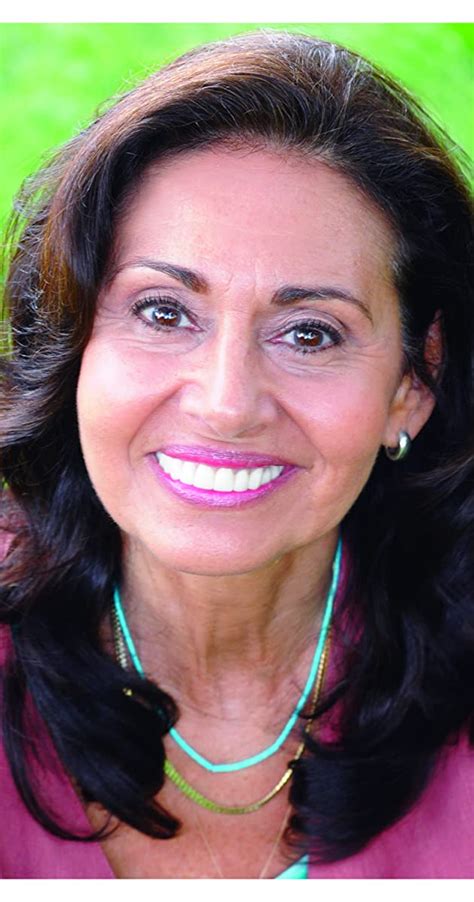A Quote by Mark Zuckerberg
A lot of times, I run a thought experiment: 'If I were not at Facebook, what would I be doing to make the world more open?'
Related Quotes
At Facebook we feel a lot of affinity not just for this community but for any community that is trying to do what Davos is trying to do, which is to share information. And Davos is doing it in a particular way - I think the Facebook approach is obviously more broad-based, we're trying to include everyone in the world. But the goal is the same: bring people together, to share information and make the world more connected, and have people have a deeper understanding of themselves, others, the communities of which they want to be a part and can be a part.
Were I to make the announcement and to run, the reasons I would run is because I have a great belief in this country [America]. ... There's more natural resources than any nation in the world; the greatest education population in the world; the greatest technology of any country in the world; the greatest capacity for innovation in the world; and the greatest political system in the world.
There were a couple times when we started working out the stories - and I was doing this with Jim Vallely and our friend Dean Lorey, who was on the show originally - and we were working on a movie. There would be some fan fiction things that would scoop us. It happened a couple times, where I thought, "Well, we can't do that!"
Alternative services would mean that there would be services available to compete with Google, Facebook, Amazon, Dropbox, Skype, etc., and they would be run by companies not based in the U.S.A. The rest of the world has simply failed in being able to compete with them, and we really should be doing better here.
I was doing big roles and, yeah, everything was going great. In the midst of all that, I guess I had already become common in the sense that I became formed into what the world wanted me to be. My desires and my goals were (identified) by the world - the things that would make me (successful) in the sight of the world and would give me a status that I thought was security.
Sitting in the darkness of the cinema, I got to see another world. This imaginary world was a refuge for many of us. Of course, the films were controlled and censored by the regime. But I still thought, around this time, that maybe making films would be good for me. I thought of expressing myself through this medium, and of doing something for the Kurds. The options were clear: either I'd work as a lawyer under the Baath regime or make movies independently.


































